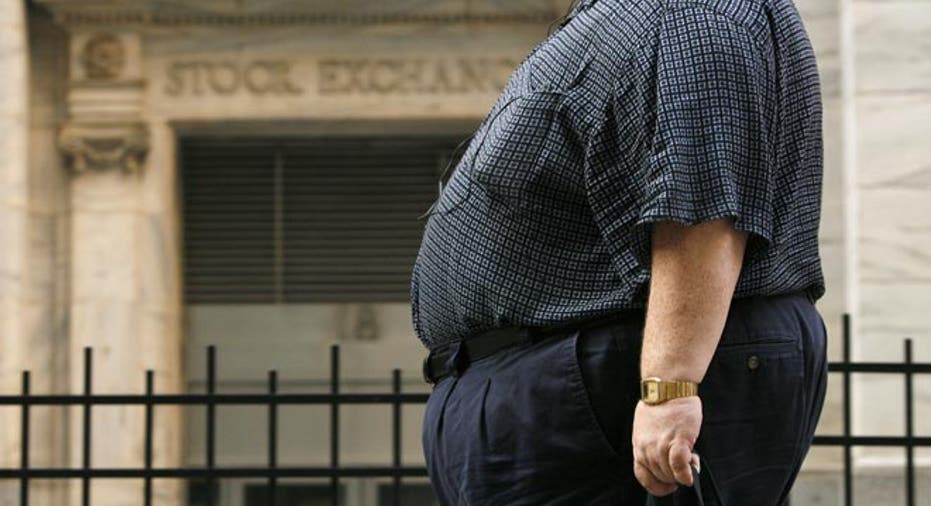Can This New FDA Approved Device Banish the Bulge?

Last month doctors at Tufts Medical Center in Boston completed the first commercial implant of a device that curbs hunger. The Maestro System, made by EnteroMedics (NASDAQ:ETRM), works by delivering a nerve signal from the brain to the stomach that makes you feel full, also known as vBloc therapy.
Sajani Shah, MD, Minimally Invasive and Bariatric Surgeon, at the Tufts Medical Center, who performed the first outpatient procedure, tells FOXBusiness.com it is an “added tool” in treating obesity when traditional diet and exercise aren’t cutting it. Mostly reserved for people with a Body Mass Index (BMI) of 35 to 45, a 5’3” female with a BMI of 36 weighing about 215 lbs could be a potential candidate.
Similar to a pacemaker, the device works via the vagus nerve by sending a signal of fullness from the brain to the stomach helping patients “eat less and be full longer,” according to Shah who also stresses the procedure does “not violate any organs,” making it a less invasive option than a gastric bypass or sleeve gastrectomy surgery. The device, which is on 13 hours of the day, can even be customized around sleeping and work schedules.
Along with Tufts, the University of Minnesota and the Scripps Health Center for Weight Management in San Diego also offer the therapy. EnteroMedics aims to have 30 centers certified by year-end but a spokesperson told FOXBusiness.com it is too early in the commercialization process to forecast the number of implants it expects to complete in 2015.
Should the procedure catch on, it would be a new innovation for the more than 78 million Americans battling the bulge. “We need to treat this [obesity] like the disease it is” said John Morton MD, President of the American Society for Metabolic and Bariatric Surgery. Obesity can often lead to complications such as diabetes, high blood pressure and more serious ailments if not managed. Morton, who served as an FDA investigator during the clinical trials, hopes this “will attract people who may not seek care otherwise.”
The Food and Drug Administration (FDA) approved Maestro earlier this year, the first clearance of a weight loss device in seven years as annual medical costs of obesity run about $147 billion, according to the Centers for Disease Control (CDC).
vBloc is not yet covered by insurance and Morton cautions that may take as long as two years because insurers are “notoriously slow to review coverage.” EnteroMedics did not disclose the cost of vBloc but said it is “competitively priced with other bariatric surgical options.” Those costs can run $10,000 to $30,000, according to the Bariactic Surgery Source.
Along with the cost, patients also face rigorous scrutiny before being accepted for the procedure. I “pick patients carefully” said Shah who expects them to have “accountability” when it comes to their lifestyle before and after.
In the first quarter, EnteroMedics posted a net loss of $7.2 million or $0.10 per share.
Update: BMI figures are 35 to 45. An earlier version reported a range of 30 to 40.



















